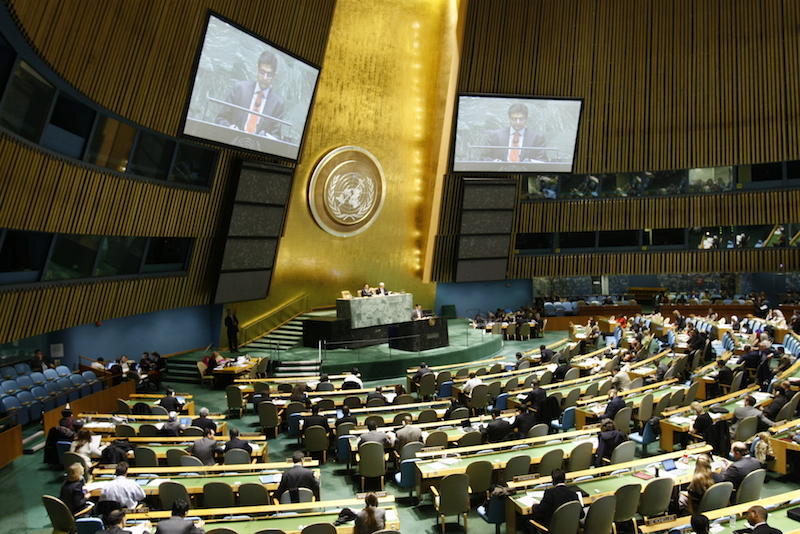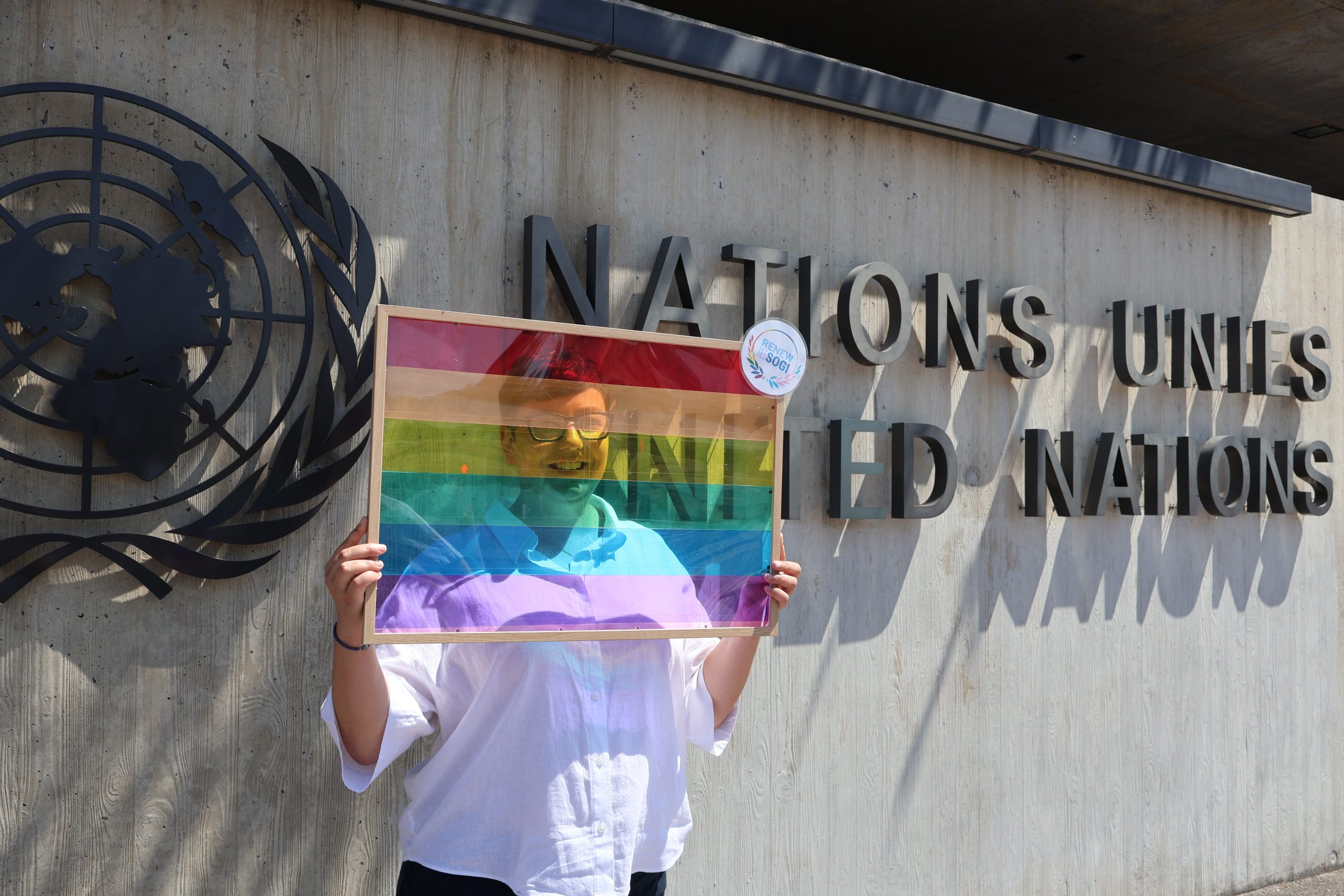(New York) – Human rights organisations today celebrated growing support for the recognition that governments must investigate and prosecute those responsible for extrajudicial, summary, and arbitrary executions, no matter what group is a target.
The UN General Assembly’s Third Committee adopted resolution A/C.3/69/L.47 by a wide margin, which is introduced biennially and urges States to protect the right to life of all people. Significantly, the resolution calls upon States to investigate killings based on discriminatory grounds, including killings that target people based on their sexual orientation or gender identity, their race, their immigration status and other aspects of identity, such as migrant status.
The resolution was introduced by the government of Finland and co-sponsored by 62 additional states, compared to 35 states the last time it was approved in 2012. The support came after a concerted effort by non-governmental organisations to ensure the successful adoption of the resolution, culminating in a joint letter by 30 NGOs to all States.
‘It is wonderful to see growing support for the protection of the right to life for all human beings. In particular, the support for this resolution builds on the success of the recent Human Rights Council resolution in September 2014, recognizing that combatting violence and discrimination on the basis of sexual orientation and gender identity is a priority for the UN,’ said Kim Vance, Co-Director, ARC International.
The resolution urges protection from extrajudicial, arbitrary, and summary executions, in particular for groups that have been highlighted in reports from the UN expert on these issues as particularly at risk for such violence (the Special Rapporteur on Extrajudicial, Arbitrary, and Summary Executions).
For the past 14 years, the resolution has urged States ‘to investigate promptly and thoroughly all killings, including… all killings committed for any discriminatory reason, including sexual orientation.’ In 2012, the term ‘gender identity’ was added to the list of categories vulnerable to extrajudicial killings. It is the only resolution at the General Assembly to make specific reference to sexual orientation and gender identity.
‘Today’s vote is another sign of growing acceptance by governments that they must uphold basic human rights for all – and that means no one is excluded because of who they are, whether involving sexual orientation and gender identity or race or any other identity. In particular, when it comes to the worst atrocities, governments must investigate and promptly prosecute those responsible. It is simply unacceptable that any government would countenance violence against people based on who they are or who they love. It’s time that all governments accept the basic universality and promise of human rights for everyone,’ said Jessica Stern, executive director, International Gay and Lesbian Human Rights Commission.
The resolution was adopted 111-1 with 63 abstentions. After the vote, Kiribati, the one dissenting voice, declared their intention to change their ‘no’ vote to abstention, and Kenya, whose representative had been absent during the vote, declared their intention to abstain.
‘All human beings have the right to life, regardless of who they are, and this includes their sexual orientation or gender identity. This vote shows that more and more states accept the basic and inalienable principle that all human beings have dignity and rights,’ said Ruth Baldaccinho, co-secretary general, International Lesbian Gay Bisexual Trans and Intersex Association (ILGA).
Egypt led an effort to weaken the resolution by introducing an amendment that would have removed reference to any of the groups particularly at risk of extrajudicial killings, including migrants, human rights defenders, street children, people under foreign occupation, and those targeted because of their race, sexual orientation, or gender identity. The amendment was defeated by a vote of 86 against, 53 in favor, and 24 abstaining. The amendment was nominally presented on behalf of the Organization of Islamic Cooperation (OIC), though both Albania and Turkey, members of the OIC, voted against the amendment. Albania is also a cosponsor of the resolution.
‘All the groups listed in the resolution face particular threats of extrajudicial, summary or arbitrary execution and for that reason they are specifically highlighted for attention. It is highly regrettable that some States were willing to pursue a tactic of excluding some groups for particular attention by excluding the whole list. It is essential that GA Member States are steadfast in their commitment that everyone, without discrimination, is protected from extrajudicial, summary or arbitrary execution,’ said Eleanor Openshaw of the International Service for Human Rights.




